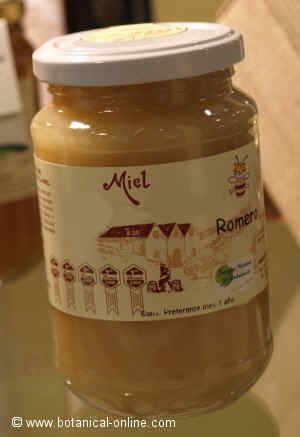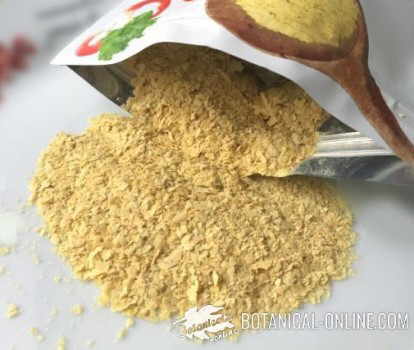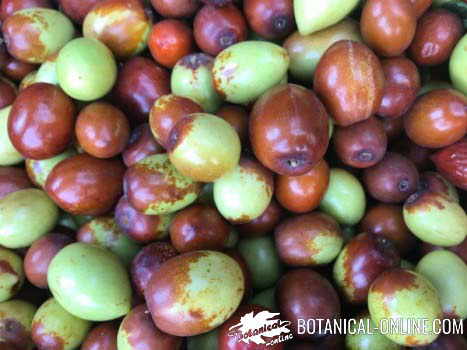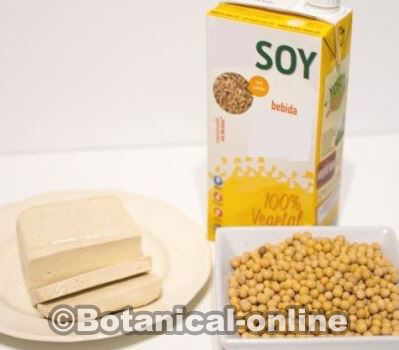Contents
Nutritional benefits of egg white
EGG WHITE FOOD
What are the main properties of egg white?
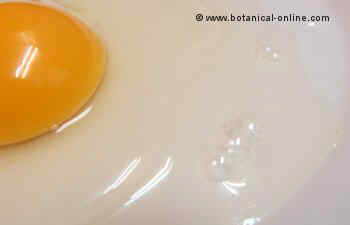 the main nutritional properties of egg white are:
the main nutritional properties of egg white are:
- A very light food: The egg white has mostly water (almost 90%) and has no fat. All this makes it a very light food (only 50 kcal per 100 g. The egg yolk has 350). No wonder that the diet of egg white is used as a diet to lose weight.
- A proteinic food: As for the rest of the components, it is noteworthy that their nutritional values are very low especially when compared with the egg yolk. However, it contains a high amount of proteins (over 10%) but less so than the yolk (over 16%)
- Some vitamins: It does not contain vitamin A, and vitamin D, and vitamin E, which are in abundance in the egg yolk. Within the group of B vitamins, only riboflavin stands out, although in a much lower amount than in egg yolk.
What is the food composition of egg white?
The following table shows the food composition of the egg yolk. It is worth mentioning it is very low in calories, since egg white provides only 50 Kcal per 100g.
Mineral and vitamin content is much more lower than in egg yolk. (look at the difference in what refers to calcium, phosphorus and iron, for example)
| Composition of eggs yolk, compared to eggs white, 100 g. | ||
| Raw egg white | Raw egg yolk | |
| Water | 87, 81 g. | 48, 81 g. |
| Calories | 50 Kcal | 358 Kcal |
| Fats | 0, 0 g. | 30, 87 g. |
| Proteins | 10,52 g. | 16,76 g. |
| Carbohydrates | 1,03 g. | 1,78 g. |
| Fiber | 0 g. | 0 g. |
| Potassium | 143 mg | 94 mg |
| Sodium | 164 mg | 43 mg |
| Phosphorus | 13 mg | 488 mg |
| Calcium | 6 mg | 137 mg |
| Magnesium | 11 mg | 9 mg |
| Copper | 0,006 mg | 0,025 mg |
| Iron | 0, 03 mg | 3,55 mg |
| Zinc | 0,01 mg | 0,4 mg |
| Vitamin C | 0 mg | 0 mg |
| Vitamin B1 (Thiamin) | 0,006 mg | 0,170 mg |
| Vitamin B2 (Riboflavin) | 0,452 mg | 0,639 mg |
| Vitamin B3 (Niacin) | 0,092 mg | 0,015 mg |
| Vitamin B5 (Pantothenic acid) | 0, 119 mg | 3,807 mg |
| Vitamin B6 (Pyridoxine) | 0,004 mg | 0,392 mg |
| Vitamin B9 (Folic acid) | 3 mcg | 146 mcg |
| Vitamin B12 (Cobalamin) | 0,20 mcg | 3. 11 mcg |
| Vitamin A | 0 | 1945 IU / 584 mcg |
| Vitamin D | 0 | 148 IU |
| Vitamin E | 0 | 3.16 mg |
*Related information:
![]() More information on eggs.
More information on eggs.
This article was endorsed by Elisenda Carballido - Dietitian nutritionist. Postgraduate in Phytotherapy and master in Nutrition and Metabolism.

